Pool Fencing
Pool-fencing options to provide security and style
Installing a pool fence is one of the most effective ways to prevent accidents and provide peace of mind for you and your family. Factors to consider when selecting a pool fence include style, safety requirements and budget.
Whether you prioritize privacy, security, style, or ease of maintenance, the team at Anthony & Sylvan has the perfect pool fencing solution for you.
Types of Pool Fencing
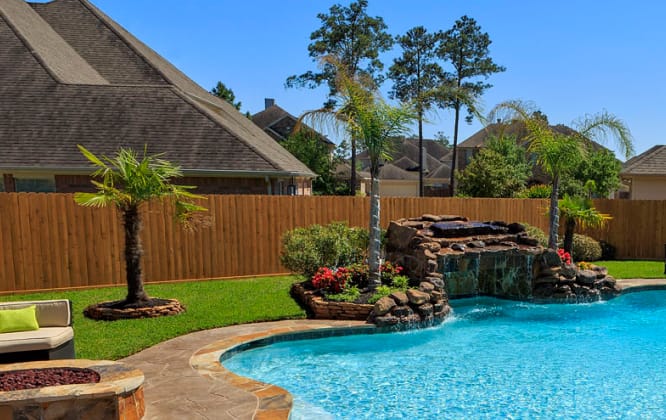
Wood Fencing
Wood fencing remains a popular choice for its timeless appeal and versatility. With options for both low and high levels of privacy, wood fences allow you to create a customized look that complements your outdoor space. From traditional picket fences to elaborate designs, wood fencing offers endless possibilities. However, it's essential to note that wood fencing typically requires regular maintenance, including semi-annual sealing, painting, and occasional picket replacement.
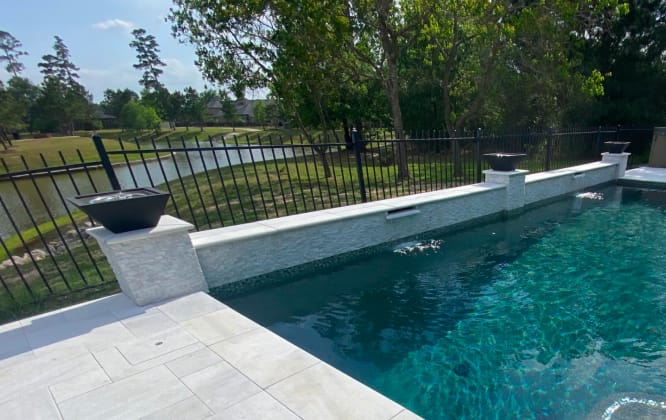
Aluminum Fencing
For those seeking elegance and durability, aluminum fencing is an excellent option. Offering the beauty of wrought iron without the maintenance, aluminum fences come in a variety of colors and styles to match your vision. From sleek and modern designs to ornate finishes with finials, post caps, and scrolls, aluminum fencing provides both security and sophistication. With minimal upkeep required, aluminum fences are a long-lasting and cost-effective choice for pool safety.
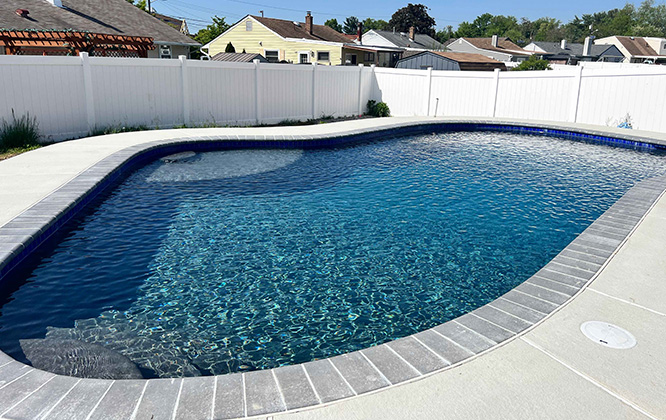
Vinyl (PVC) Fencing
Vinyl fencing, also known as PVC fencing, is a popular choice for its durability and low maintenance. Available in an array of colors, such as white, tan, gray, and several mix-and-match options, vinyl fences offer versatility and style. Unlike wood fencing, vinyl requires minimal upkeep. With a life span of up to 20 years, vinyl fencing provides a reliable and attractive solution for pool safety.
Experts in Pool Fencing Safety Regulations
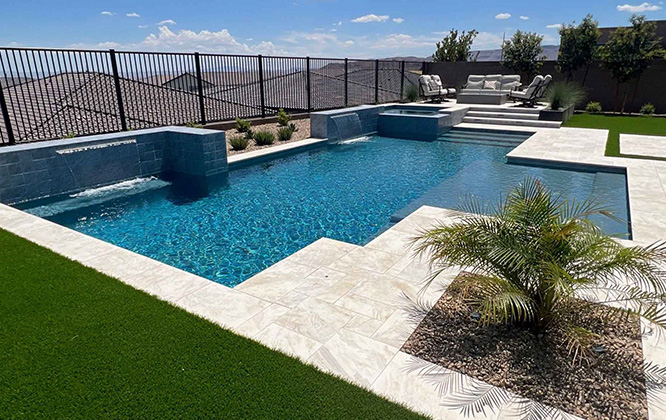
Safety Standards
At Anthony & Sylvan, we adhere to the latest requirements and guidelines to ensure your pool fence meets or exceeds all safety standards established in the International Swimming Pool and Spa Code.
With features such as self-closing and self-latching gates, our fences are designed to minimize the risk of accidents and keep your loved ones safe.
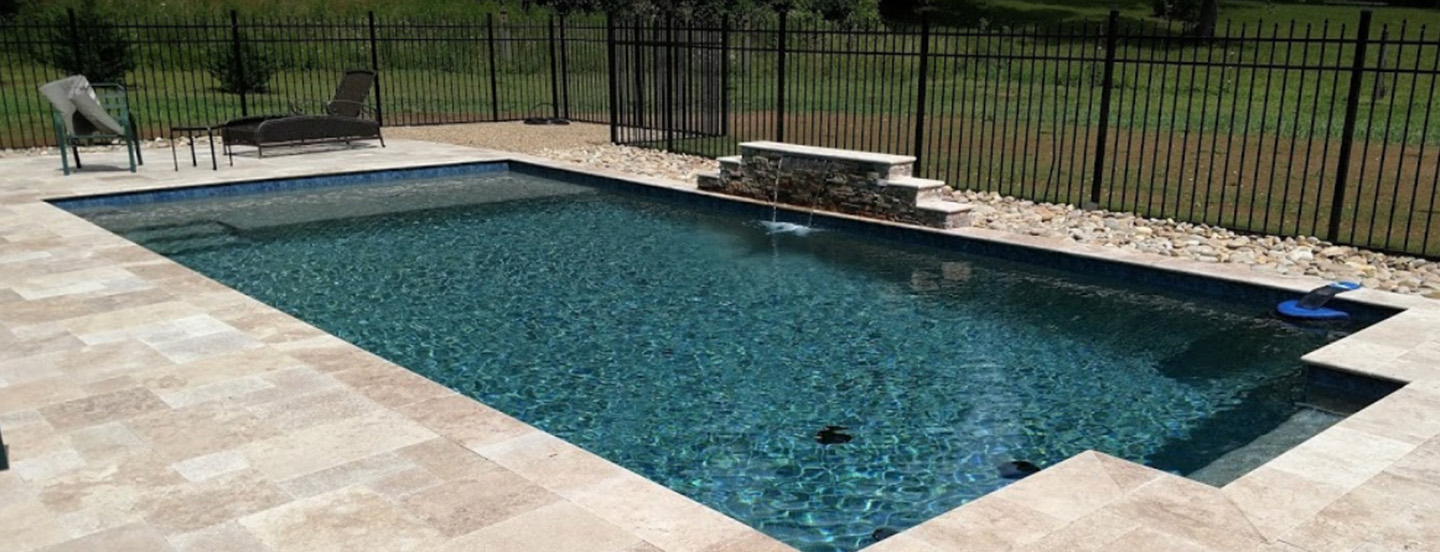
Navigating Local Safety Regulations
Local regulations on pool fencing vary widely, so it's essential to work with a company that understands the specific requirements in your area. From fence height and material specifications to gate-latching mechanisms and clearance distances, there are many factors to consider when planning your pool fence installation.
By working with Anthony & Sylvan, you can rest assured that your pool fence will be properly permitted and installed in accordance with all relevant safety regulations.
Schedule Your Free Consultation
Transform your pool area into a safe and stylish retreat with Anthony & Sylvan's pool fencing solutions. Contact us today to schedule your free consultation.